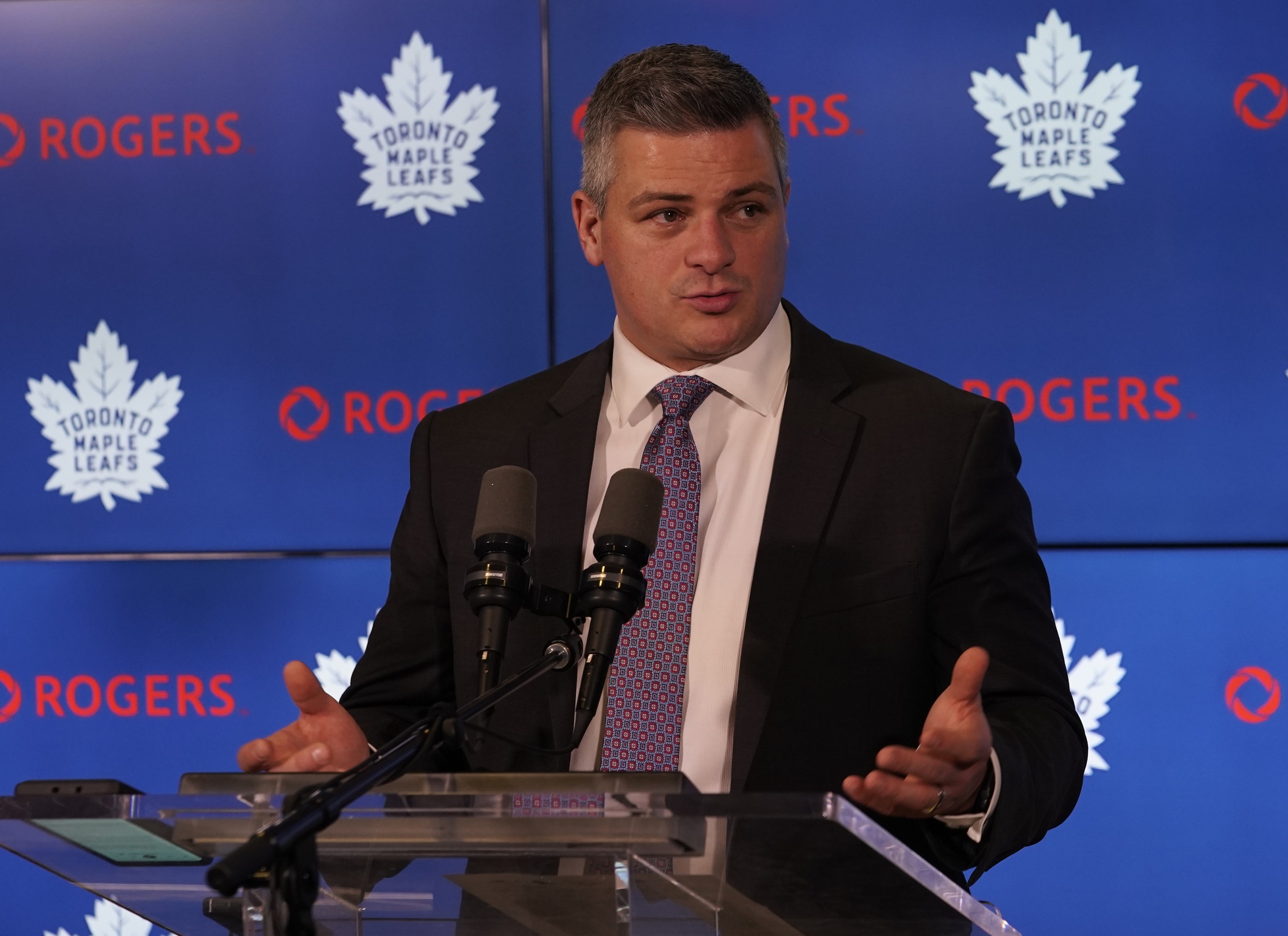In his end-of-season media availability, Toronto Maple Leafs head coach Sheldon Keefe outlined the steps the team needs to take to get over the hump in the playoffs.
When you look back on the season, how do you look back on what challenges you faced as an NHL coach? How do you think you adjusted to life in the NHL?
Keefe: There were certainly a lot of things to adjust to. There were a lot of unprecedented events throughout the season, including the pause and all of the different phases we had to go through to get back up and running. I think I look at different points of the season, and we dealt with a lot of different things with our team — be it injuries or inconsistencies. For myself, I felt comfortable in each of those situations.
That said, I think what I come away with the most now is a greater and more intimate knowledge of our group and our individual players that can help chart our course going forward as a coaching staff. I think that is the greatest thing to come out of this for me.
Obviously, I feel like we could have advanced and should have been able to find a way to advance in the playoffs, but with where we are at now, if you talk about adjusting, I think that is a big piece. You recalibrate and create a plan for how we are going to get better. I feel a lot more prepared to do that now having been through what we have been through as a team and really, as individuals through all of these different things that have occurred since I was hired.
I believe strongly that through our commitment as a group and as an organization and without or leadership group, we will make the necessary improvements.
Was it a bit disappointing that you had some time to adjust some things defensively and then had the camp, but there were some problems that way once play resumed?
Keefe: I think disappointing for sure in the result. I think that if we learned anything going through the pause, we felt that it was very productive, but the reality is that you don’t make substantial change through Zoom calls and a two-week training camp or five-game series. You make substantial change over an offseason — a full offseason, a full training camp, a full exhibition season, and a regular season. That is how you set up consistency. That is where we have to get better as a team.
To think that you just flip the switch when you start playing in the playoffs and you play gritty, playoff-style hockey, that is not reality. We have to get better from day one of training camp and in fact, even with our preparation beforehand.
I thought we did a lot of good things through Phase 2 and through our training camp. We did see some progress, but we did still see some of the inconsistencies and some of the issues with our play. We have to change that as a group with our mindset, with how we prepare, and then how we compete with each other from the start of training camp through the regular season through our practices — and have the confidence with who we are through all of that process to be ready to compete in playoff hockey. In that process also, we have to put ourselves in a better position to compete in the playoffs — everything from a standings point of view to the confidence of how we are playing and who we are as a team.
Am I disappointed in our results? Yes. Am I disappointed that we didn’t see enough growth or change? I think some of that was probably ambitious on our side. We wanted to do better in that area and we were hopeful, but the changes we need to make with our group are really ones in which our mindset switches within the course of this offseason and then from day one of training camp.
I’ve given five years now in the organization and I do have a little more knowledge of how that process has worked and I believe there is room for growth in that area. That is really where I am looking to push this team and be able to set ourselves up to have greater consistency through the regular season that fuels our confidence and, ultimately, our performance in playoff situations.

































